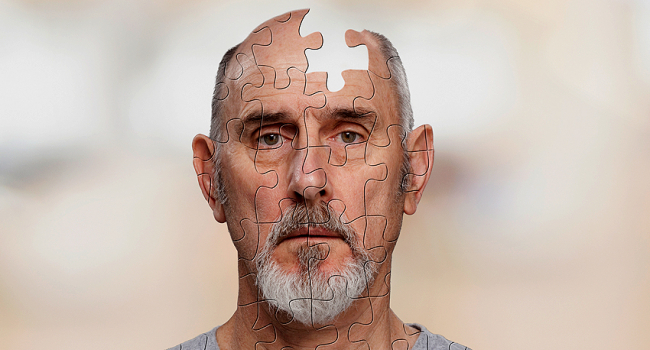Chinese authorities approve drug for Alzheimer's
 12:06 5 November, 2019
12:06 5 November, 2019Chinese authorities have approved a drug for the treatment of Alzheimer's disease - the first new drug with the potential for the treatment of cognitive disorders in 17 years, CNN reported.
According to a statement by the Chinese Drug Safety Agency, a seaweed-based drug called Oligomannate can be used to treat mild to moderate Alzheimer's disease. However, this statement is conditional, which means that although it may go on sale during additional clinical trials, it will be strictly monitored and may be withdrawn in the event of any problems.
In September, a new drug development team led by Geng Meiyu of theShanghai Institute of Materia Medica Institute under the Chinese Academy of Sciences said they were inspired by the study of algae because of the relatively low incidence of Alzheimer's among people who regularly consume it.
In an article in the Cell Research, the Geng team described how sugar contained in algae suppresses some bacteria found in the intestines that can cause nervous degeneration and inflammation of the brain, leading to Alzheimer's disease.
This mechanism was confirmed in a clinical trial conducted by Green Valley, a Shanghai-based pharmaceutical company that will launch the new drug on the market.
"Conducted on 818 patients, the trial found that Oligomannate -- which is derived from brown algae -- can statistically improve cognitive function among people with Alzheimer's in as little as four weeks, according to a statement from Green Valley," the source noted.
Vincent Mok, who heads the neurology division at the Chinese University of Hong Kong, said the new drug showed "encouraging results" when compared to acetylcholinesterase inhibitors - the existing treatment for mild to severe Alzheimer's.
"It is just as effective but it has fewer side effects," he told CNN. "It will also open up new avenues for Alzheimer's research, focusing on the gut microbiome."
Since very little is known about the mechanisms of the new drug, Mok said it should also be checked whether it can have a protective effect and, possibly, slow the progression of the disease in patients who have not yet developed severe symptoms of dementia.
"The company said Oligomannate will be available in China "very soon," and it is currently seeking approval to market it abroad, with plans to launch third-phase clinical trials in the US and Europe in early 2020," the source added.
According to the World Health Organization, Alzheimer's disease, which begins with memory loss and develops into serious brain damage, causes 60% to 70% of cases of dementia reported worldwide. Dementia is estimated to affect about 50 million people worldwide, including 9.5 million people in mainland China, Hong Kong, and Taiwan.